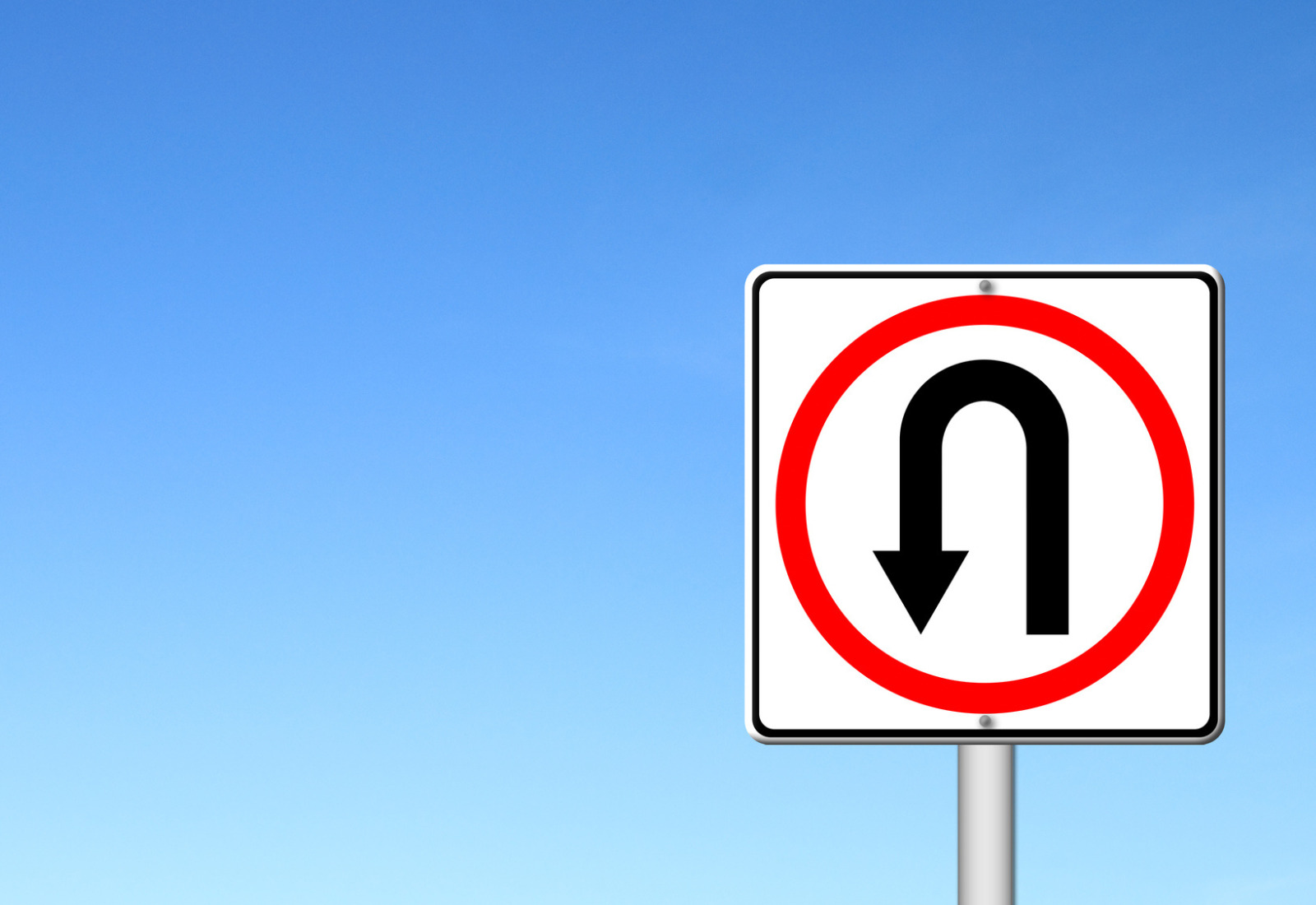California’s cannabis laws have been criticized for their complexity and inefficiency. One area that exemplifies these issues is the distribution licenses in the state. These licenses were originally created with questionable necessity, and recent developments have reinforced the need for change. It is high time for California to revisit its distribution licensing system and streamline its convoluted cannabis laws.
What are distribution licenses?
Distribution licenses were introduced in California to facilitate the transportation of cannabis between different points in the supply chain. Instead of allowing cultivators to transport their products directly to manufacturers, the state created a separate class of licenses for distributors. These licenses were given additional responsibilities such as collecting taxes, arranging lab testing, and storing goods for other licensees. However, the necessity of these licenses has been called into question.
Early problems for distributors
In the early days, many licensees obtained separate distribution licenses or added distribution to their existing licenses in hopes of streamlining their operations. However, it soon became clear that self-distribution was often unprofitable and inconvenient, especially for businesses located far from major distribution hubs. Many suppliers began to rely on larger distributors who could offer additional services like access to distribution networks, storage facilities, and even sales support. As a result, many early distribution license holders decided to give up their licenses.
Burner distribution licenses
One major issue that distributors have faced is the problem of “burner licenses.” These licenses refer to when a licensee sells off its distribution license to someone who then uses it to purchase large quantities of cannabis from legal suppliers. Instead of distributing the cannabis through legal channels, the buyer divert it into the illegal market. This illicit activity has put a strain on the legal market and has cast doubt on the effectiveness of the state’s enforcement efforts.
Tax shifting and the downstream effects on distributors
An additional challenge for distribution licenses has been the restructuring of California’s tax laws. Initially, distributors benefited from the cultivation tax and had significant tax obligations to the California Department of Tax and Fee Administration (CDTFA). However, the restructuring shifted the responsibility of excise taxes to retailers, diminishing the necessity of distributors in the process. This change has created significant financial difficulties for retailers, leading to increased non-payment issues and a decline in tax revenue for the state.
In the midst of these financial challenges, major distributors like HERBL have collapsed, leaving unpaid suppliers in their wake. When distributors fail, suppliers who rely on consignment or delayed payment arrangements are left in a precarious position, leading to payment delays and increased litigation costs.
Distributors aren’t the only ones who will suffer
The problems faced by distributors have broader implications for the industry as a whole. When distributors fail, suppliers and retailers are left with payment disputes and legal uncertainties. This creates unnecessary complications and costs for all parties involved.
Let’s maybe stop doing this
Given the issues and inefficiencies associated with distribution licenses, it is clear that they are unnecessary in today’s cannabis landscape. Many states operate without such licenses, and there is no compelling reason why California cannot do the same. While changing state law is challenging, California should consider simplifying its regulations and expanding the distribution activities to other licensees. By eliminating the need for distribution licenses, businesses will have the opportunity to streamline their operations and reduce reliance on intermediaries.
Eliminating distribution licenses alone will not solve all the challenges faced by the cannabis industry, but it is a step in the right direction. It is crucial for the state to review and revise its cannabis laws to promote efficiency and reduce unnecessary burdens on businesses. Simplifying the system and removing unnecessary regulatory barriers will benefit everyone involved in California’s cannabis market.
FAQs
What are distribution licenses?
Distribution licenses in California are specific licenses that allow businesses to transport cannabis between different points in the supply chain.
What are some early problems faced by distributors?
Early on, distributors faced challenges such as self-distribution being unprofitable and inconvenient, prompting many businesses to rely on larger distributors for assistance.
What are burner distribution licenses?
Burner distribution licenses refer to licenses that are bought by individuals who then use them to purchase large quantities of cannabis from legal suppliers and divert the products into the illegal market.
How has tax shifting affected distributors?
The restructuring of tax laws in California has shifted the responsibility of excise taxes to retailers, diminishing the relevance of distributors and creating financial difficulties for retailers.
What are the downstream effects of distributor failures?
Distributor failures can lead to payment disputes and legal uncertainties for suppliers and retailers, resulting in payment delays and increased litigation costs.
Why should California consider eliminating distribution licenses?
Eliminating distribution licenses would streamline the cannabis industry, reduce reliance on intermediaries, and simplify the regulatory process for businesses in California.


